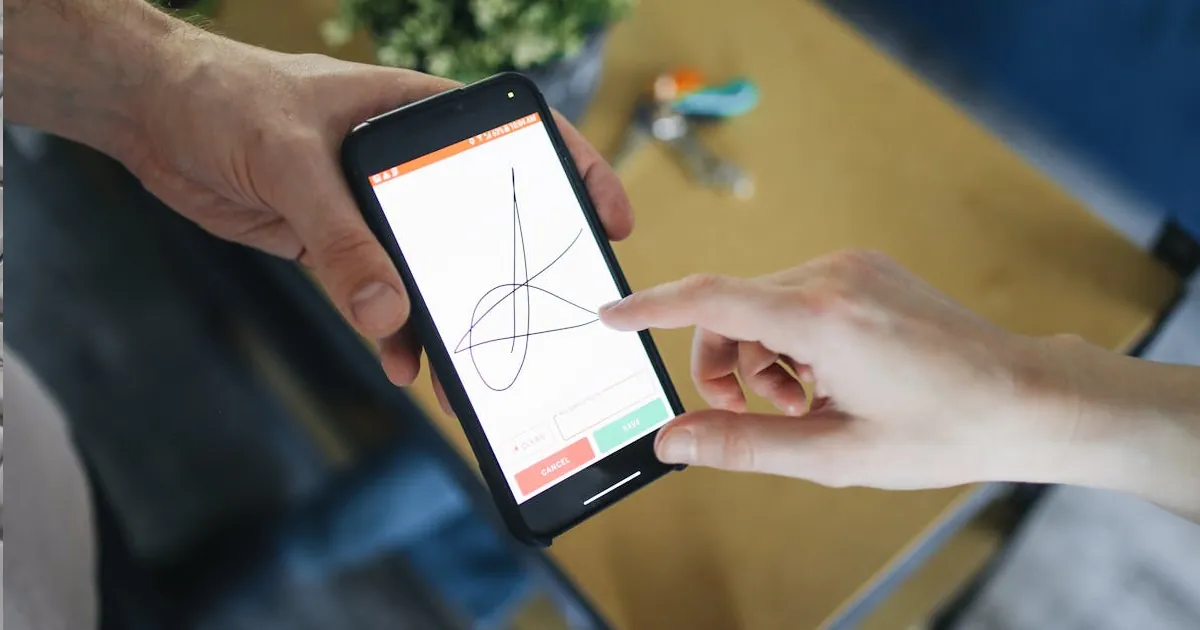Electronic Signature – What to Get One in Serbia?
07.03.2018 (Article updated: 29.08.2024)

07.03.2018 (Article updated: 29.08.2024)

Significant progress has been made in the field of electronic business in Serbia by introducing electronic signatures in the field of electronic commerce. In addition, E-commerce was introduced to facilitate communication and business with the government, banks, institutions, and business partners to save time and reduce expenses.
A qualified electronic signature in the Republic of Serbia is regulated and defined by the Law on Electronic Signature. It is a set of data in electronic form, which is associated and logically linked to other digital data with the aim to:
Simply put, an electronic signature is a digital replacement of a handwritten signature. It is possible to sign the document online or directly on the computer where it was created using an electronic signature. The signed document (invoice, contract, tax return …) is valid and has the same legal effect as if it was signed and sealed manually on paper.
An electronic signature is a replacement for a personal signature that has always been used in the business, but it is important to note what an e-signature is not:
For an electronic signature to be operational, an electronic certificate, which must be qualified, is required. The electronic certificate is a document confirming the connection between the data which the electronic signature verifies and the signatory’s identity.
There is a difference between a qualified electronic signature and an electronic signature that is not qualified:
A qualified electronic signature is valid and applicable in legal, administrative, judicial, and other matters and procedures. It can replace the manually certified and signed document (signature and stamp). The electronic signature is most often applied in the following areas:
Invoices and tax returns can be signed with an e-signature, annual and periodical reports can be submitted, tax cards can be drawn, the eGovernment portal can be accessed to use state administrative services, and much more. In addition, many companies, to facilitate business, authorize their accountants to sign and submit reports or tax returns on their behalf. Important note – the final account must be signed with a qualified electronic signature.
A qualified electronic signature can be obtained exclusively at one of the official certification bodies. It is a legal entity that issues electronic signatures to all authorized or natural persons under the law. There are five registered certification bodies in Serbia that issue qualified e-signatures:
If the request is submitted to the MIA, it is free of charge. The request is charged to other certification bodies. A qualified electronic signature may be on a chip card issued by the Serbian MIA and on another chip card, USB flash drive, or disk.